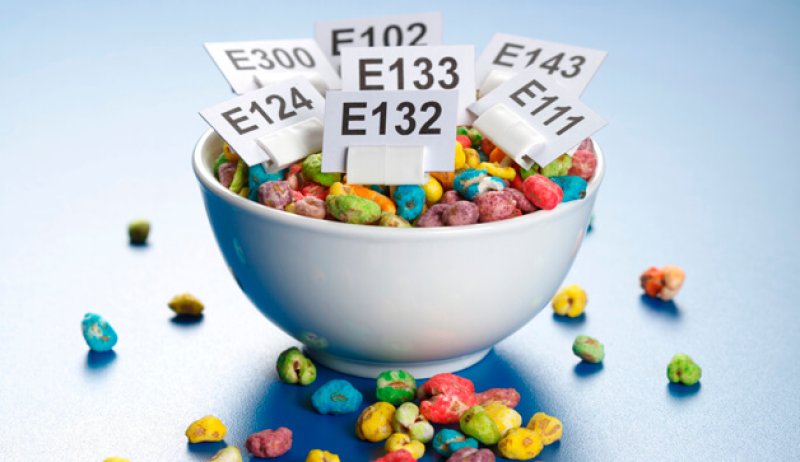Thanks to COVID-19, the public has gotten a lot more skeptical about claims that chemicals, food, and medicine are corporate conspiracies created to replace natural products that worked just fine. Even more ridiculous has been the belief that millions and millions of people are dying from these newer products even though there are no bodies to be found.
Science is back, and that may be why Business Insider published what can perhaps be described as an advertorial for environmental groups who have to be sweating now that their campaigns against the modern world are being laughed at.
It is titled “34 of the most dangerous things science has strongly linked to cancer” but for most of them, science has found nothing of the kind.
…
Journalists get away with this stuff using two techniques; the first is ‘it’s not me, it’s in a science paper’ rationalization. Hydroxychloroquine was in a peer-reviewed paper too, is Business Insider promoting that over the objections of scientists? No? Then why continue to claim sugar causes cancer when there is zero evidence for it any better than the claims about hydroxychloroquine? Or natural gas? Or processed foods, whatever that means? Are Business Insider editors and writers munching on raw wheat they picked in the field? Because otherwise they are eating processed food.
…
The second way they get away with repeating junk science is using correlation words, as detailed above. Journalists know the public does not know the distinction between correlated and linked and “causal.” Good journalists spell out the difference, that correlation is not causation. Just because you can correlate the rise in eating organic food to the rise in autism does not mean organic food causes autism.































